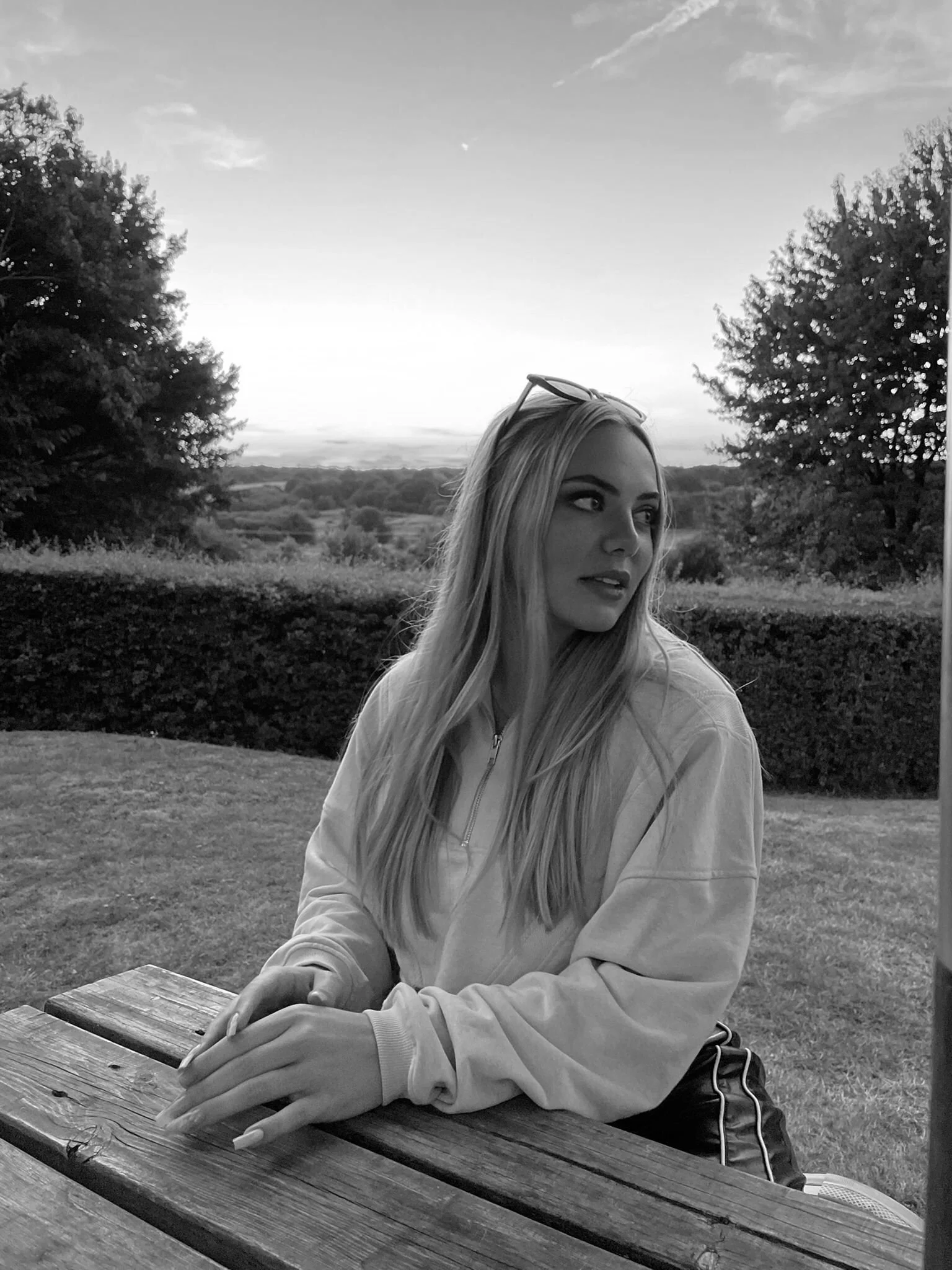How do I manage large projects as a freelancer?
As a freelancer graphic designer in Colchester, I know how important it is to stay organised and efficient with your projects.
We often get asked to take on large projects by clients that have very little time for feedback or direction. After years in the industry here's my list of tips on how to successfully plan and manage these types of briefs:
It's not about the size of your team as a designer, it's about your ability to plan, remain driven and prioritise flexibility.
I use project management systems for full transparency. These systems allow the client to view the project from both an overview and granular perspective.
It's important to choose a system that is easy to use and understand, so everyone can easily see what's being done at any given time. In addition, it should also be able to integrate with other platforms like Google Docs.
Communicating expectations of clients and upholding these boundaries as a designer.
For example, setting and sharing goals for how long it should take for the client to feedback on work to ensure I can progress efficiently as a logo designer.
One of the best ways to combat this problem is to establish boundaries between yourself and your clients. This means communicating expectations of how long it should take for them to feedback on work and how often you require this feedback in order for you to move forward efficiently. For example, when working with a client who hasn't provided feedback on a project since the beginning (or even end), it's important that they communicate a timeline as well as their expected turnaround time so that I can plan my work around them.
I only take on projects I am confident I can handle. This includes reviewing my skills, design style and workload.
As a freelancer, you are the one responsible for your own success and branding services. It's up to you to decide what projects you take on and which ones you turn down. In order to be successful at this, it is important that you know your limits and be honest with yourself.
I only take on projects I am confident I can handle. This includes reviewing my skills, design style and workload before accepting a new job offer or client relationship.
I'm not afraid to be honest & ask questions.
I understand the client and their team is investing in my business to gain a designers perspective, so it's only right I share my opinion on design elements if I feel we are straying from our focus.
Being able to express your opinion and ideas is an important part of being a freelancer. If you feel like the client is heading in a direction that doesn’t match their business' vision, it's best to speak up.
I do my best to say no to projects that aren't right for me, even if they fit 'most' of my criteria, as this can lead to burnout and unhappiness.
It's important we find projects that are both fun and challenging in order for them not only challenge us as designers but also allow us grow as creatives!
I jump on a call with almost all of my clients to get a feel for the business owners and/or team.
This helps both sides get a feel for personalities and if we'd be a good fit as partners.
I ask questions like:
What's your goal as a business owner?
Why are you looking to hire me?
How far along are you in the project and what are your ideal timelines?
If there's an area of the project I cannot personally manage, such as photography - I outsource/recommend a local supplier.
Not only does this fulfil other creatives, but it ensures the client receives the best quality in all areas of their project.
Here are some tips to ensure I get good results:
I look at samples and make sure I'm 100% happy with their work. This way, you'll feel confident sending them on to clients when necessary.
Make sure they understand exactly what needs to be done and how long it will take them (this includes any additional tasks that may come up during the process).
Being open and honest with your clients is an essential part of managing large projects as a freelancer.
When you take on a large project as a design agency in Essex, it's essential that you are honest with your client about what you can and cannot do.
I'm clear about my skills and limitations from the start. If a project seems too big to handle, or if there are any red flags that suggest it might not be worth pursuing in the first place (for example, clients speaking unfairly or in a rude manner about other designers, then I turn down the job offer and suggest something else.
I communicate regularly with clients as a local freelance brand designer throughout all stages of development so they know where their money is going and that their business goals are being met effectively.
In Conclusion
I hope this post has been helpful for anyone who is interested in handling large projects as a designer or investing in a freelancer as a business owner. I know how stressful it can be, but the key is to remain organised and focused on the task at hand.
If you'd like to speak to me about a project, submit an enquiry here and I will get back to you.


